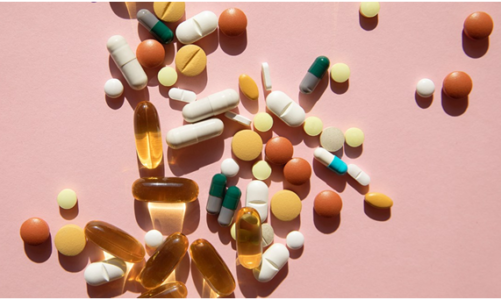Preparing yourself for a blood test can be really nerve wrecking and anxious at the same time. Some people are scared of the needle while some have fears of looking at their own blood. However, if you know the do’s and don’ts well before your draw, you will be much more confident for your blood test.
Continue reading the article to know more about what you should not do before a blood test.
- Do not get yourself hydrated. Make sure to drink plenty of warm water before your blood test. Hydrating yourself well can prevent the blood pressure from dropping drastically after a draw which can cause fainting and dizziness post blood test. Avoid carbonated and caffeinated drinks as these kinds of drinks eventually cause your body to be dehydrated if you do not consume enough plain water.
- Do not skip your meals. Unless you are told to fast before the blood draw, do not skip your meals, especially your breakfast. Consuming a good breakfast before the blood test can keep your blood sugar level up to prevent side effects like fainting and lightheadedness after the blood draw. Consume a simple balanced breakfast a few hours before the test. Avoid eating immediately before the test as you might get nauseous due to the anxiety.
- Wearing tight and long sleeves for the test. Try to avoid wearing tight and long sleeved shirts for the blood test as you may face some difficulty in exposing the area for the blood to be drawn. Practice wearing a loose or short sleeved shirt which is comfortable for you to ease the entire process.
- Keeping silent about your blood thinning medications. As you know, blood thinning products such as heparin and warfarin can thin your blood and make you easier to bleed even from a small minor injury like a blood test. Thus, make sure to inform your doctor or nurse on your current blood thinning medication prior to the test. Your doctor or nurse will give you extra attention especially after the draw to look and observe for any bleeding incidence from the puncture site.
- Being anxious and agitated. Keep yourself together and relaxed. If you have any doubts on the procedure or the side effects, clarify them from your doctor or nurse. You can also try to distract yourself by thinking something entirely different like a holiday you went to or the person you love the most. Drink a cup of water or read something interesting to keep yourself unwind before the procedure.
- Not fasting for some blood tests. Some blood tests require you to fast for at least 8 hours prior to the blood draw. Such tests are for cholesterol and glucose tests. This is to ensure an accurate recording and results of fasting lipid profile and fasting blood sugar levels to diagnose hyperlipidemia and diabetes according to the guidelines available. Fasting means you are restrained from taking any kinds of food or drinks (except for water) for a period of at least 8 hours prior to the test. You may consume your normal meal routine once the blood is drawn. Unless you are told to fast, do not skip your meals before the blood test.
- Arriving late for your appointment. Make sure to visit your clinic or hospital right on time to prevent any delay. You may have to wait longer if you missed your turn or appointment and this might disrupt your fasting duration and increase the chance of you getting more anxious and agitated about the whole procedure.




